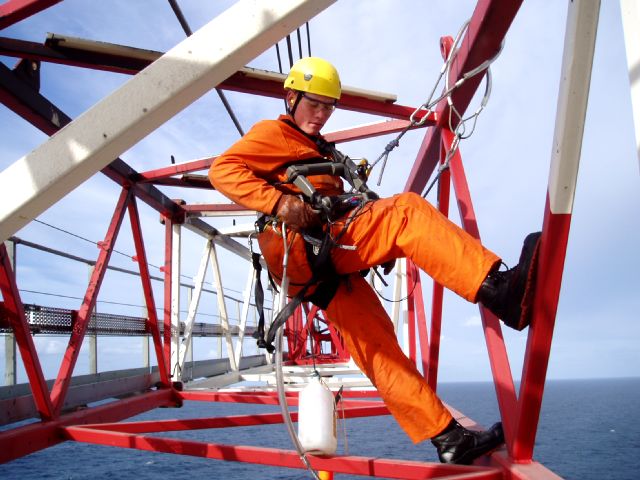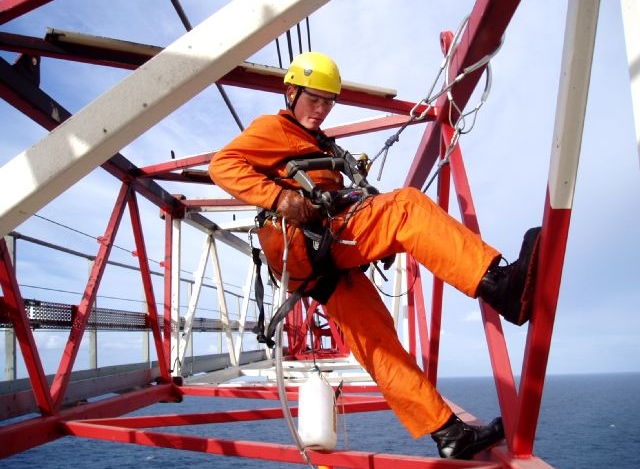When employing somebody to work at height, whether they will be up scaffolding or operating a cherry picker lift, you need to ensure that they are adequately trained and that they have experience, especially in the safe operation of machinery and working in potentially hazardous conditions. There are a number of possible hazards, not only for the person that is working at height but for others in the vicinity, and even for members of the public and people that are passing by.
IPAF and PASMA training courses are the most commonly recognised in the industry. As well as offering general guidance and training on working at height, specific courses can be taken according to the type of machinery and the type of mechanical or mobile electrical work platforms that are to be used. Different types of machinery have different requirements, and each has its own method of safe operation and use. IPAF training, in particular, provides the knowledge of how to check, maintain, and safely operate this type of machinery.

Although MEWPs are mechanised vehicles, and this means that they do carry some danger when being moved or driven, the primary dangers associated with this type of machinery are associated with their use and operation as work platforms. The operator must know how to work safely at height, they must be able to check the safety and maintenance of a particular model, and they should be able to ensure the continued safe use of the MEWP they operate.
The Health and Safety Executive (HSE) is charged with ensuring that employers and companies offer a safe working environment and, as an employer, it is your duty to ensure that your team are provided with all of the necessary tools to conduct their work free from danger and potential hazard. This not only means offering the right protective gear, such as hard hats and work gloves, as well as appropriate machinery and tools, but it also means making sure that everybody has appropriate training for the roles that they will fulfil.
IPAF training courses offer basic health and safety training that is relevant to the operation of MEWPs. They teach operators how to conduct safety checks prior to the use of machinery, and when additional safety checks are required. The courses also cover the use of safety harnesses, and how to ensure that you choose the most appropriate harness. They teach about the use of restraint lanyards and they also teach about the development of emergency procedures, so that if something does go wrong, then the necessary protocol can be followed to help ensure the safety of everybody concerned.
All machinery and equipment that is used by MEWP operators should be checked to make sure that it can safely do its job. Harnesses should be checked annually, checked before they are used, and interim inspections should also be carried out to help ensure that they continue to offer the protection and safety that the user required. This is just one area of health and safety training that needs to be considered if you have employees that regularly work at height.
The Safety Maintenance Company offers IPAF and PASMA training courses, allowing you to book training for one or more existing team members, and to help ensure the safety of all that work on-site.




